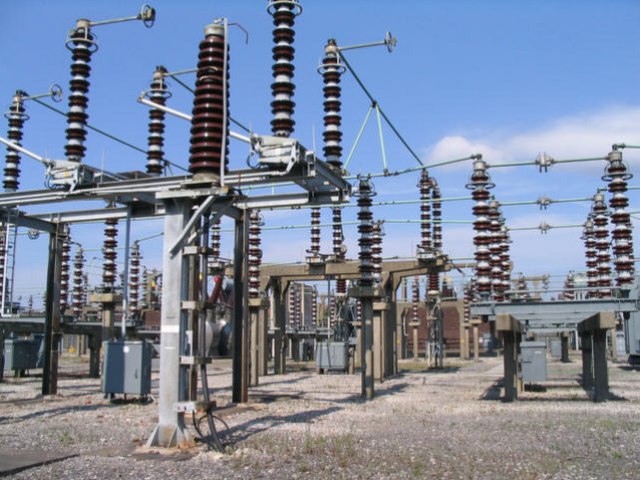Total power generated by Nigeria’s power stations for transmission and distribution to homes has dropped by 1,585.7 megawatts (MW) from 3,701.7MW that was achieved as peak generation last Monday evening.
According to reports gathered from the daily generation report of the Nigerian System Operator which was published yesterday, at 6a.m. on Tuesday, the country only had 2,116.0MW to transmit to the 11 distribution companies (Disco) for onward distribution to homes and offices.
The source also stated that power generation gradually began to come up early yesterday morning. It was also learnt that the Abuja Disco, for instance, had only 135MW to distribute in the morning, some increase from about 50MW that was given to it last Monday.
It was also stated that Nigeria’s electricity transmission system collapsed last Monday, bringing the number of collapses to three within a short period of four weeks and raising concern on the overall integrity of the country’s transmission network. There was a total collapse of the system on March 31, 2016, and a partial collapse on April 23, 2016.
TCN had explained that the March 31 system collapse was caused by the tripping of Osogbo/Ihovbor and Ihovbor/Benin 330kV transmission lines, which resulted in loss of 201megawatts (MW) of electricity generation from Ihovbor power station.
Also, the April 23 partial collapse of the system was caused by a sudden loss of 200MW of generation due to technical reasons. It was also reported that 47 transmission projects will be completed in 2016.
Yesterday, Fashola said that only 50 of Nigeria’s 140 power generating turbines are currently working and generating electricity because there is no gas to power some of them that use gas.
“The first problem is that there is not enough power. Today we have 25 power plants. Three, Shiroro, Jebba, Kainji, are hydro plants, while the rest are gas-fired plants.
“We have an installed capacity of about 12,000 megawatts. Also, we have about 140 turbines installed, but available capacity is about 8,000MW,” he said.
He further said: “Now the power being generated comes from only about 78 turbines out of 140 and they are largely fired by gas.
“Now that power has gone down because we had gas outage due to the failure of a pipeline. And as a result of that, 78 turbines dropped to maybe about 50 because there was no gas.”
“So, the first work to do is to supply more gas, for without gas we can’t have power. The ministry of petroleum resources is working on this and we have agreed to provide more gas to all the struggling power plants. So, there are errors of planning of yesterday, but they are errors that can be corrected,” explained Fashola.












Nationwide Power Generation Drops by 1,585.7MW: Total power generated by Nigeria’s power stations for transmi… https://t.co/GQYlDmuTrj